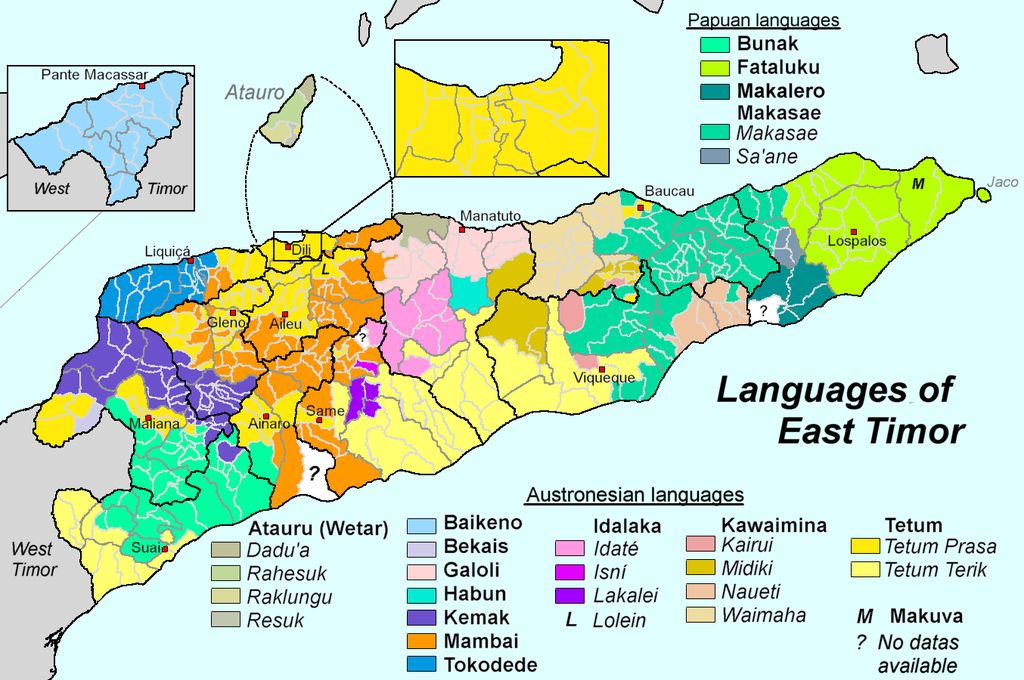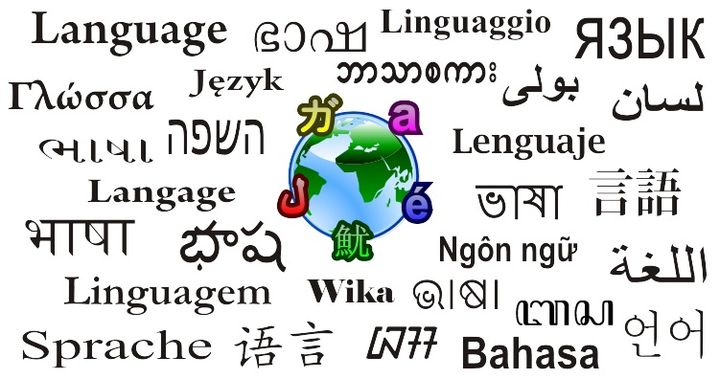
Got a trip coming up to an exotic destination? Imagine how awesome it would be to understand at least a little of the local language. These days, it's easier than even 10 or 20 years ago. At one time, formal language learning required going to a school of some sort and speaking with a teacher in person. As technology improved, courses became available by tape and CD. And language learners of the early 1990s may remember those interactive CDs sold by companies such as Berlitz, to teach the basics of many languages
Thankfully, the rise of the Internet and crowdsourcing all over the world is leading to more flexible options. There are some companies that offer gamification to help you pick up vocabulary. Others offer a network of teachers, each working on their own in various locations all over the world. There are even YouTube videos to help you learn the basics. But how effective is this for language learning rather than in-person work?
There's no doubt that picking up another language is hard work, unless you were lucky enough to be exposed at a young age. Depending on how close your "mother tongue" is to the new language, you may have more or less difficulty in expanding your horizons. To take things from a single perspective, English: We face a hurdle understanding characters in Mandarin, for example, before even getting into the mechanics. Because our language is not gendered, picking up French or Spansh is a challenge as we have to remember if the table is masculine or feminine. And there are certain language subtleties that elude us initially, such as Russia's case system that represents the function each word has in a sentence (such as subject.)

In a global society, understanding languages is becoming increasingly important. Credit: Wikimedia Commons
It should be emphasized that no matter what the method, language learning requires practice -- especially if the characters are quite different from the language you understand. The big ingredient is time, but with diligent methods (perhaps an hour a day most days of the week) progress is visible in perhaps six months or a year. I've been learning Russian myself with that method for a little more than a year; while my sentences are still messy endeavours, I find I can understand a lot more in Russian news reports and on Twitter.
The method where I found success is using a service called italki, which connects language learners to teachers and fellow learners worldwide. The quality of your instruction greatly depends on the quality of your teacher; really, the more that you can integrate real-life materials into your lessons, the better you will perform. I have listened to dialogs and watched videos to try to supplement my learning. My hope is to one day mostly follow a press conference in Russian, but I recognize it will take me at least another year (if not more) to get there. While I'm not as familiar with the service, I am told that busuu offers many of these same benefits for worldwide learning.
There are many other resources available for language learners as well. For vocabulary lists, one that is popular is Duolingo (which comes in app form for figuring out things on the go.) The system is generally smart enough to figure out when you need to revise a term or sentence more often, and will revise the learning accordingly. And the trophies you receive for getting through milestones are incentive to keep going. The service, however, is still lacking in many languages; it has opened up its platform to crowdsourcing to get through this, but development takes time.

Unfortunately, it is much harder to find regional dialects online. Credit: Wikimedia Commons
There are other, more established players that offer online lessons that are more like vocabulary lists. A few of these include Rosetta Stone, LiveMocha, Babbel and OpenCulture. A few caveats: you will never become fluent from vocabulary and grammar rules alone, and different services meet success with different people (which means an approach I took may not necessarily work for you.) With a little patience, however, progress will happen.
There is a large disadvantage of online language learning, however, which is the lack of regional dialects. It's difficult enough for a person living in Canada to seek Canadian-centric French materials, for example, rather than those from France. But imagine some of the more obscure languages of Native Canadians or Americans, or the wealth of languages available in pockets of Asia, Africa and Australia that are only accessible to those in the immediate area. Some of these languages are dying as the elders do not pass them on to the children. Could online language learning preserve this?
There are a few groups dedicated to just that, such as the Endangered Languages Project that encourages native speakers to share documents and experiences online. If language learning could shift to the benefit of these lesser-known dialects, perhaps the Internet could become a powerful tool indeed -- a spot where language can spread far beyond its original boundaries and teach more about the culture to people who otherwise would not have been exposed to it.
Top image: The word "language" in many languages. Credit: Wikimedia Commons








